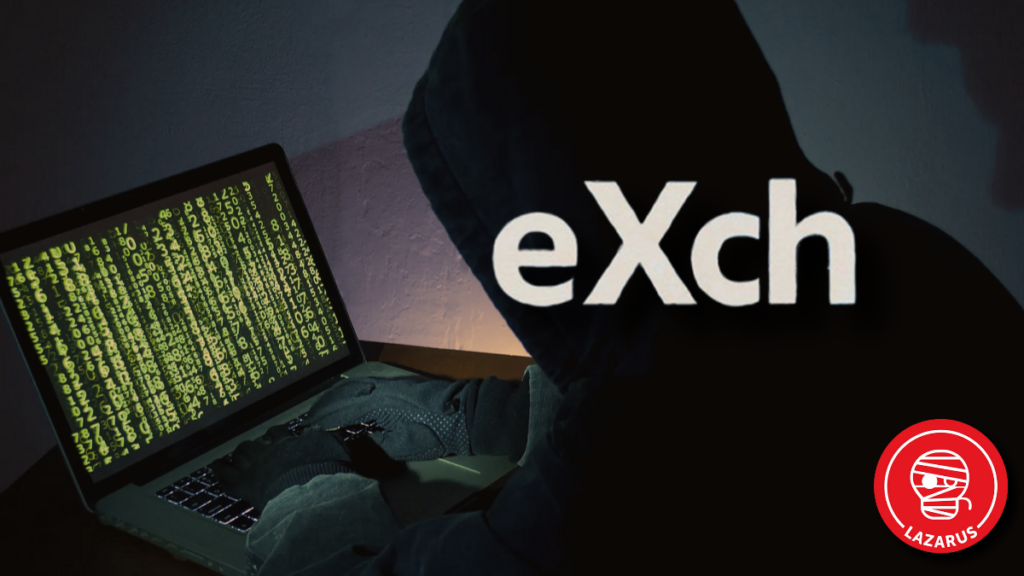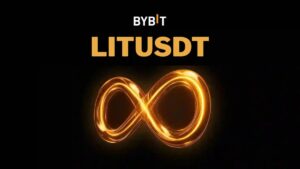TL;DR
- The non-KYC crypto exchange “eXch” announced it will shut down on May 1 after becoming the target of international investigations into alleged money laundering linked to North Korea’s Lazarus Group.
- eXch claims its privacy-first mission is being misinterpreted and used as a weapon against decentralized projects.
- The crypto community remains divided between preserving privacy and actively preventing illicit use of blockchain technology.
The non-KYC cryptocurrency exchange platform “eXch” announced that it will officially cease operations on May 1st, after discovering it is the target of a transatlantic legal operation seeking to prosecute its team for alleged money laundering and terrorism financing. According to various authorities and independent analysts, the reason behind this appears to be the platform’s alleged use by the notorious North Korean Lazarus Group to move stolen funds from the Bybit platform in February.
The company, however, defended its position firmly, stating that its goal was never to facilitate illicit or criminal activities but to offer users privacy and financial sovereignty. In its official statement, eXch criticized the current regulatory environment, claiming there is a malicious and growing crackdown on projects that promote privacy in digital finance. It also pointed out that decentralized technologies are being unfairly targeted by institutions and entities that fear losing control.
Privacy Is Not a Crime: The Other Side of Decentralization
The case has reignited a heated and complex debate within the crypto ecosystem. Projects like THORChain and Chainflip have faced similar philosophical and ethical dilemmas: should decentralized protocols intervene to block suspicious funds, or does doing so betray their core purpose? While Chainflip temporarily suspended its platform following the Bybit hack, THORChain chose not to block the funds linked to the Lazarus Group, leading to the resignation of one of its core developers.

Many argue that blaming the tools or the infrastructure distracts from deeper structural flaws. Just as the Internet isn’t banned simply because hackers exist, financial privacy should not be criminalized. eXch strongly asserted that bad actors will always find a way, through any means, but that does not justify mass surveillance of honest, law-abiding users.
The Ethical Dilemma Between Security and Digital Sovereignty
As regulators ramp up pressure on unregulated platforms, the community remains divided. Can decentralization be preserved without becoming an indirect accomplice to crime? The answer remains unclear. What is evident, however, is that in this new chapter of the battle between state control and technological freedom, eXch has chosen not to continue operating in an environment it sees as hostile and unfair. The story is far from over, and the decisions made today will shape the future of privacy in the digital age.










